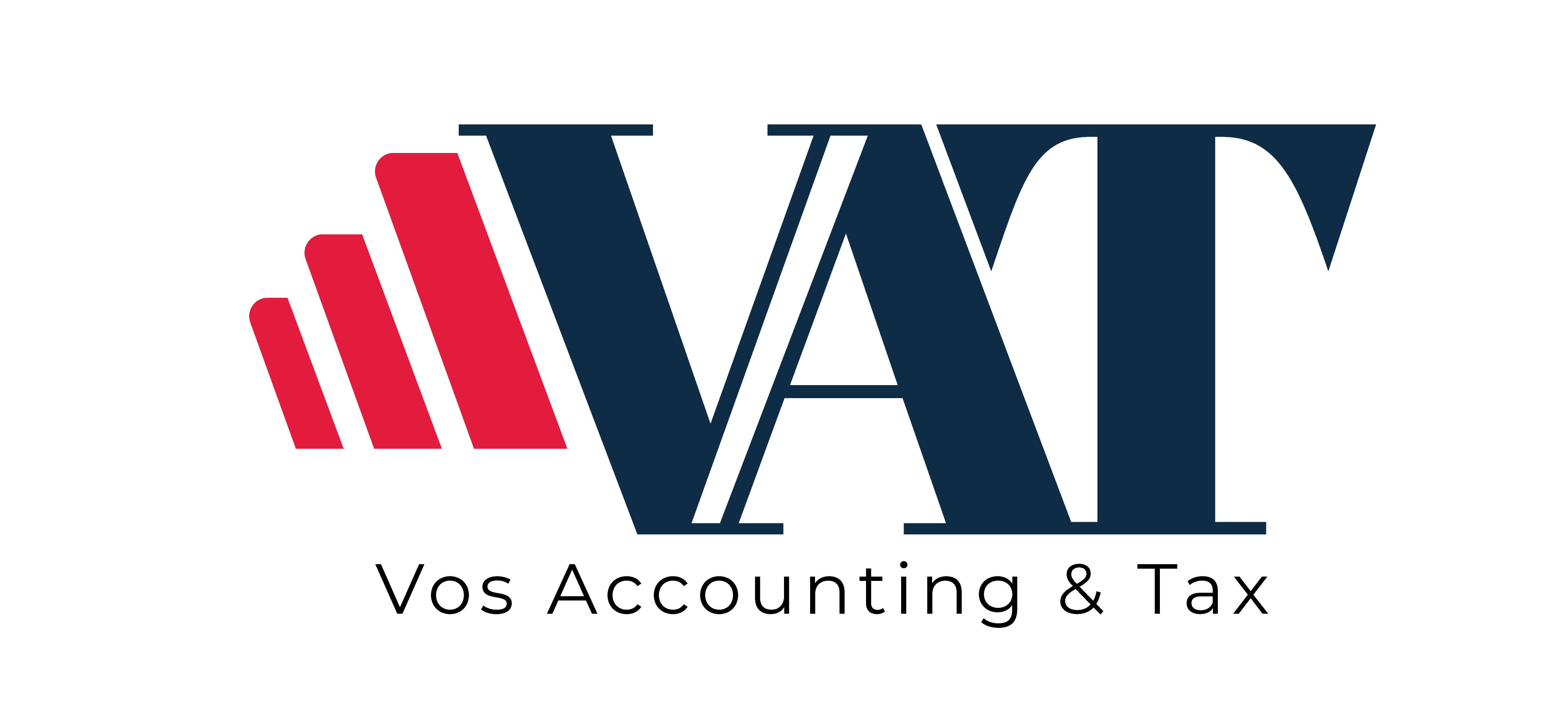As a business owner in South Africa, understanding the intricate web of tax regulations is crucial for the success and sustainability of your enterprise. Vos Accounting & Tax is here to guide you through the complex world of company taxes, ensuring that you not only comply with the laws but also maximise your financial efficiency.
In this comprehensive guide, we will delve into key aspects, including private company tax and regulations, the process of registering for tax, the requirement to submit an ITR14, relevant taxes for companies, determining tax liability, deductions and allowances, and the submission of financial statements to the South African Revenue Service (SARS).
Let’s dive right in.
Private companies in South Africa are subject to specific tax regulations that differ from those applicable to sole proprietors or partnerships. Understanding these regulations is fundamental to ensuring compliance and avoiding penalties. Vos Accounting & Tax can assist in navigating the nuances of private company tax, providing insights into tax rates, exemptions, and other obligations unique to your business structure.
Before diving into the complexities of company taxes, it is essential to ensure that your business is properly registered.. Vos Accounting & Tax can guide you through the registration process, ensuring that all necessary documentation is submitted accurately and on time. This step is critical for establishing your tax profile and avoiding any legal ramifications in the future.
One of the primary obligations for private companies is the submission of an Income Tax Return 14 (ITR14). The ITR14 is a comprehensive tax return that provides details about the company’s income, expenses, and other relevant financial information.
Unlike a natural person whose year of assessment always covers the 12 month period from 1 March to 28th February, a company will always have a year of assessment which coincides with their financial year (which may not necessarily run from March to February).
They can choose their company year end when the company is set-up and they can change it at any time online using the CIPC website. Companies need to file their tax return (ITR14) annually, and this is due within 12 months of their financial year end.
For example, a company with a June year end will need to submit their 2021 ITR14 by 30 June 2022.
Ensuring accurate and timely submission of the ITR14 is critical to avoiding penalties and maintaining a good standing with SARS.
Here is a Comprehensive Guide by SARS on how to submit your ITR14 correctly.
https://www.sars.gov.za/types-of-tax/corporate-income-tax/completing-an-itr14/
Private companies in South Africa are subject to various taxes, including corporate income tax, value-added tax (VAT), and employee taxes. Corporate income tax is levied on the company’s taxable income, while VAT is applicable to the sale of goods and services. Employee taxes encompass Pay-As-You-Earn (PAYE) and other statutory deductions related to employee remuneration. Understanding these taxes is fundamental for proper financial planning and compliance.
In order to prepare the company’s corporate tax return, you will need to understand the basic steps in determining your business’s profit or loss. These steps are much the same for each type of business entity. Basically, net profit or loss is determined as follows:
Turnover – Cost of Sales = Gross Profit
Gross Profit – operating expenses = business profit/loss
These amounts should all reflect on your company’s Income Statement. You would then need to make the relevant tax adjustments in order to arrive at the corporate taxable income for the year. The current corporate tax rate is 28%, except for company’s whose year end is on or after 31 March 2023, their tax rate is 27% and no longer 28%.
To optimize tax efficiency, private companies can take advantage of various deductions and allowances provided by the tax laws. Common deductions include expenses directly related to generating income, such as operating costs, depreciation on assets, and interest payments on loans. Understanding these deductions and incorporating them into your tax strategy can significantly reduce your company’s taxable income.
Aside from the list of possible deductions for Sole Proprietors, the following special deductions and allowances are available as well and are commonly claimed by companies.
1. Section 11a pre-trade (start-up) costs
2. Section 11D research and development
3. Section 11(e) wear and tear on machinery, plant, implements, utensils & articles
4. Section 11(f) lease premium
5. Section 11(g) leasehold improvements
6. Section 12C manufacturing assets
7. Section 12E plant or machinery of small business corporations (SBCs)
8. Section 12H learnership allowance
9. Section 12J investments in Venture Capital Companies (VCCs)
10. Section 13 manufacturing building allowance
11. Section 13quin commercial building allowance
12. Section 13quat UDZ building allowance
Alongside the ITR14, companies are required to submit financial statements to SARS. These statements provide a detailed overview of the company’s financial position, including its assets, liabilities, and equity. Accurate and transparent financial statements are essential for demonstrating compliance with accounting standards and facilitating a smooth tax assessment process.
In conclusion, navigating the intricacies of company tax in South Africa is a multifaceted task that requires careful consideration and adherence to regulations. Vos Accounting & Tax strives to empower businesses with the knowledge needed to meet their tax obligations seamlessly. From registering for tax to submitting financial statements, every step in the tax journey plays a pivotal role in ensuring compliance and financial sustainability. Stay informed, stay compliant, and let Vos Accounting & Tax be your guide to success in the dynamic world of South African taxation.
Need help with your accounting and tax?Schedule your FREE consultation with me today and get access to my Tax Season Survival Guide |
Fill in your information below:
|
